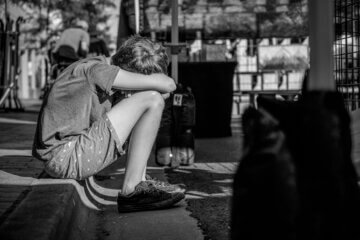A Case Study exploration
Dr Vassilia Orfanou, PhD, Post Doc
Writes for the Headline Diplomat eMagazine
Embarking on a journey through the complex landscape of conflict and crisis, our series of case studies aims to reveal the complex relationship between media, peace, and justice.
Each case study unfolds with an introductory article, paving the way for an in-depth exploration of the case study in the HD Publications section. The spotlight now turns to the Russo Ukrainian conflict.
The Russo-Ukrainian War, spanning from the annexation of Crimea in 2014 to the large-scale invasion by Russia in 2022, has illuminated the pivotal role of media in shaping narratives and influencing global perceptions. Our case study explores the complex relationship between media ethics and conflict prevention, highlighting the challenges of media manipulation for disinformation and propaganda.
Media outlets, both international and Ukrainian, have played a critical role in navigating the complexities of the conflict. Serving as early warning tools, they shed light on diplomatic efforts, potential false flag operations, and troop movements. Their efforts aimed at exposing disinformation emphasized the humanitarian consequences of the conflict, underscoring the imperative for de-escalation.
However, the media faced significant challenges, particularly from the Russian government. Deliberate campaigns of propaganda, misinformation, and censorship posed hurdles, potentially exacerbating tensions and hindering de-escalation efforts. The manipulation of media narratives and tightening control over information by Russia may have, at times, escalated the conflict.
The media’s dual role—attempting conflict prevention through early warnings and the exposure of disinformation, while contending with manipulation and propaganda—reflects a complex interplay influenced by geopolitical contexts and ethical standards.
As the conflict persists, a comprehensive understanding of these dynamics becomes imperative for fostering international cooperation and addressing the root causes of the Russo-Ukrainian War. Recognizing the vital role of media ethics and freedom in conflict prevention, the global community should strengthen international mechanisms to counter disinformation and propaganda, especially in the context of state-controlled media.
Media organizations must prioritize accurate reporting, ethical journalism practices, and resilience against external pressures. Collaborative efforts between governments, international bodies, and media outlets are needed to ensure the free flow of information and protect the integrity of media as a tool for peace.
By fostering a media environment that values truth and transparency, we can contribute to preventing similar conflicts in the future and promote a more informed and peaceful world.
Stay tuned for the upcoming case study, soon to be published.
Featured photo: Pixabay: https://www.pexels.com/el-gr/photo/208674/




